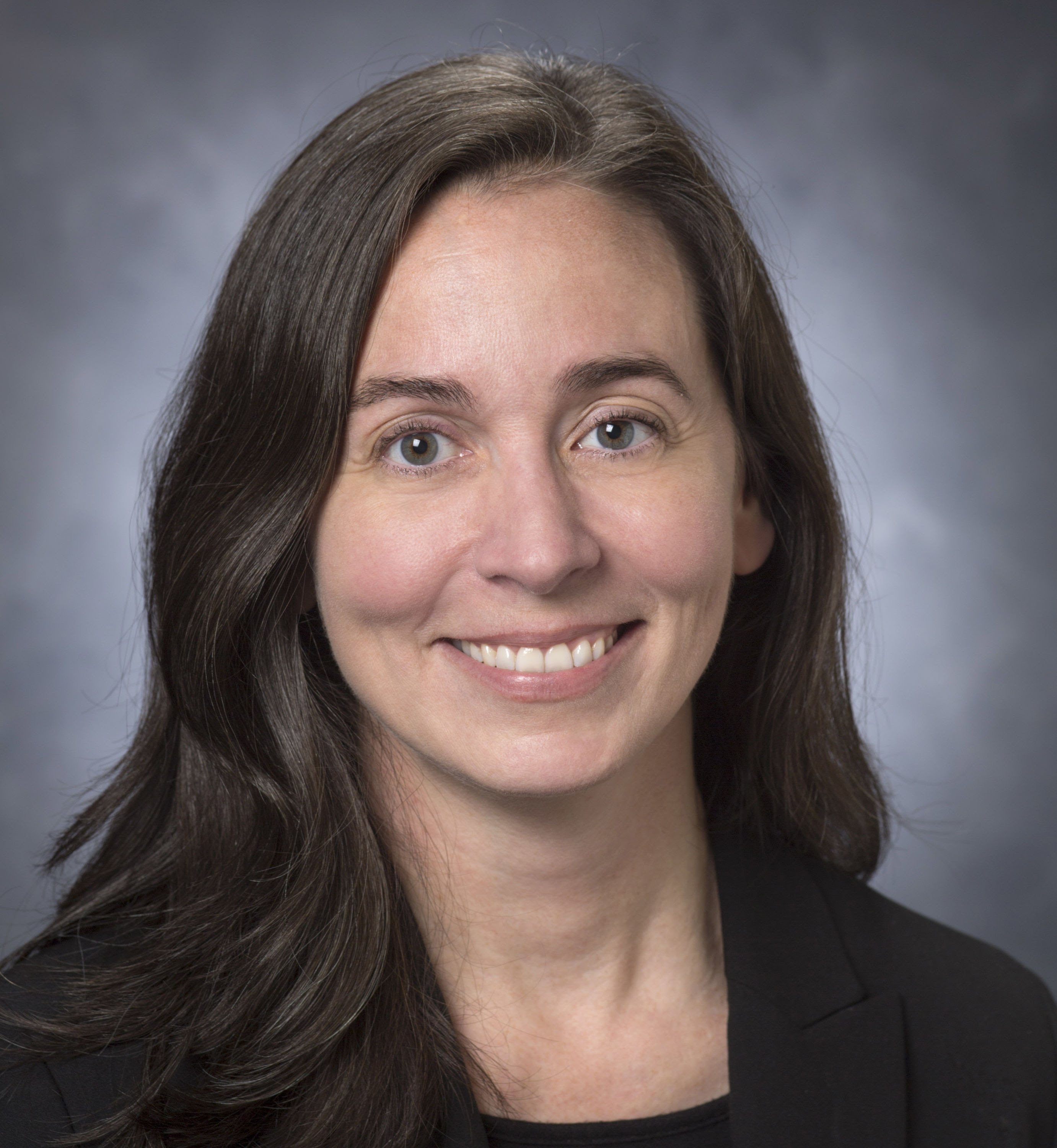

Our association is a robust and diverse set of educators, researchers, medical professionals, volunteers and academics that come from all walks of life and from around the globe. Each month we choose a member to highlight their academic and professional career and see how they are making the best of their membership in IAMSE. This month’s Featured Members are Eve Gallman and Amy Baldwin, pre-conference workshop presenters at the 2019 IAMSE Annual Meeting in Roanoke, VA, USA.
Eve Gallman, PhD
Associate Professor of Neurology
Phase I Coordinator
Augusta University/University of Georgia
Athens, Georgia, USA
Amy Baldwin, PhD
Associate Professor of Microbiology
Assistant Phase II Coordinator
Augusta University/University of Georgia
Athens, Georgia, USA
“Using Improvisation to Enhance Communication Skills for Students and Educators”*
Saturday, June 8
12:15 PM – 3:15 PM
During the process of becoming a clinician, medical students are required not only to master a large knowledge-base, but to master a number of other skills, one of the most important of which is the ability to communicate with patients and team members. They have to learn how to deeply listen and engage appropriately, to respond with honesty and integrity, to participate in the moment, and to think on their feet. Not surprisingly, these communication skills are also essential to the work of the medical educator. Improvisational theatre is a discipline that has been used in many settings, including health care education, to promote and improve robust communication skills. In this workshop, we introduce some basic concepts of improvisational practice and discuss how they are related to mindfulness and more generalized communication skills. More importantly, participants will gain first-hand experience with several improv structures in a supportive, collegial environment.
Why is this a perfect topic to cover at the 2019 meeting?
Amy – It is a perfect topic for every IAMSE meeting. The importance of communication skills and finding ways to teach, practice and enhance those skills for medical students is of the utmost. Most of (a medical professional’s) day is going to be spent communicating with team members and patients.
A big part of the workshop is spending time with exercises with listening. You have to be present – it’s huge and number one with this. I would argue that this is most crucial in the medical profession. As educators, you have to be aware of what’s going on and think and react on your feet. It’s a form of mindfulness. You have to be completely present in the moment. You have to be able to listen and “take offers.” You don’t block, you don’t negate, you accept those offers.
Where did you draw inspiration for creating the workshop?
Amy – My husband actually did improv with a local troupe. He said, “Wouldn’t this be a great way to improve the communication skills of medical students?” After some research, we found that other speakers were already doing this type of workshop (Katie Watson at Northwestern University) and we found some research that supported the idea. In a sense, we use it in our small group learning for first and second-year students where we act out scenarios. They think through questions that patients and family members may be asking them. The play aspect, playing games and being able to build your communication skills through play, are practice exercises that are just fun that don’t require skill, just a willingness to participate.
Will there be activities that require performing in front of the group?
Eve – The warmup exercises set people up to want to participate. We want to encourage a willingness to participate and interact.
Amy – We will always ask for volunteers. This is a totally safe space. You cannot do anything wrong. No one is judging you and certainly, no one is judging on exactly what you say. This is a creative space. The willingness of our students, even those who English is not their first language, are learning more than just verbal communication skills. This is learning a way to express themselves (through action) that has been really rewarding to see.
Sounds fun! What type of activity will participants engage in?
Amy – “Pecking order” is a group game for 3-5 participants. Each player silently picks a number between 1 and the number of players in the scene, keeping their number secret. A suggestion is taken from the audience, setting the scene in which each player portrays their chosen status: ‘1’s being higher in status than ‘2’s, ‘2’s higher than ‘3’s, etc. Each player must decide how to position his/her status with respect to their scene partners without knowing others’ chosen status. At the end of the scene, the audience guesses each player’s number.
So, who should take this session with your group?
Eve – We are trying hard to increase our outreach to students. Anything we can do to put on a workshop to students is as helpful to anyone else is great. This one is geared toward people who need to communicate with one another.
*There is an additional fee of $150 to register for this pre-conference workshop session.
To learn more about the 2019 IAMSE Annual Meeting, including the plenary speakers, workshops and networking opportunities, or to register, please visit www.IAMSEconference.org.
Reserve your spot before March 15 to ensure the Early Bird Discount!